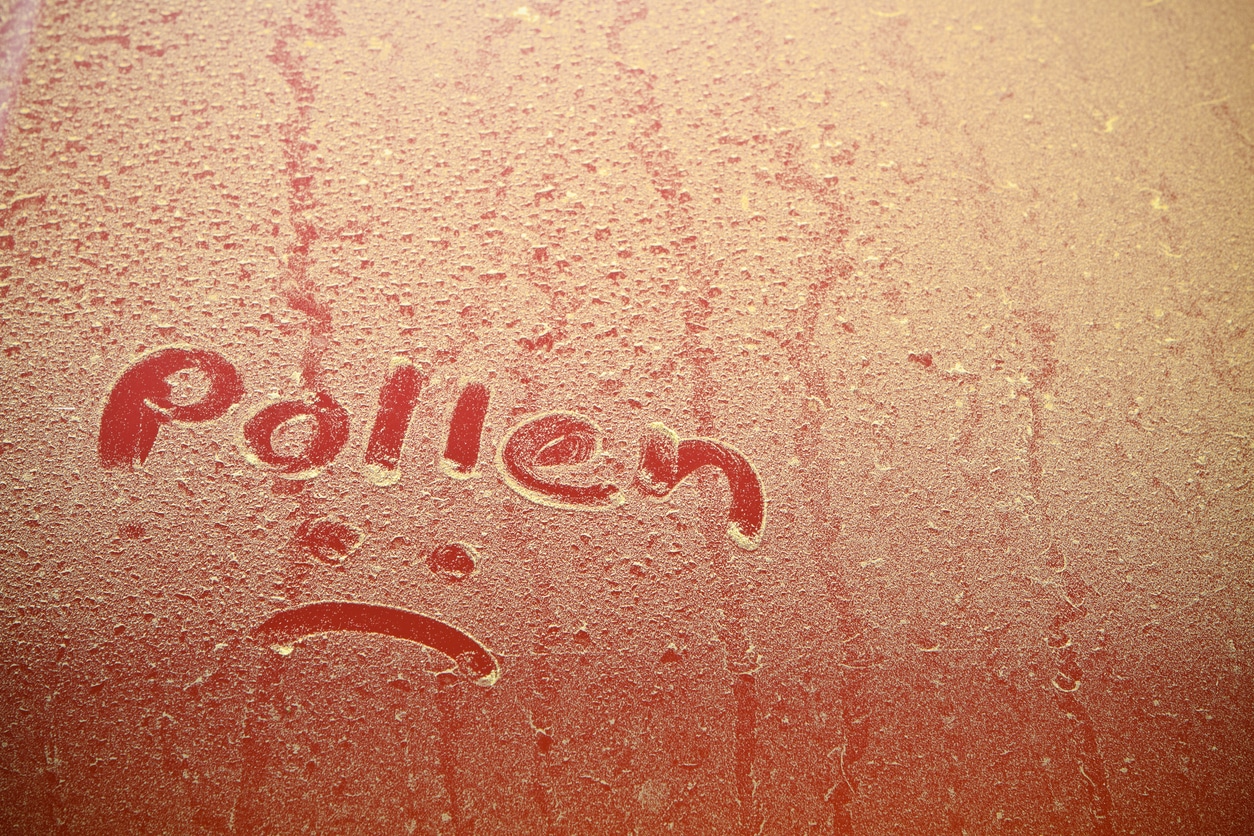
Allergies: Two Things You Must Know
Allergies: Two Things You Must Know
For the many adults and children who suffer from food and environmental allergies, there is one overriding, crushing piece of missing information:
You can often effectively desensitize allergic substances and foods
In other words, in many, many cases, it’s possible to reduce or eliminate allergic reactions for future years and possibly the rest of your life.
“Wait, wait. Are you trying to tell me that the years I’ve had to avoid foods, take meds for pollen, constantly have sinus drainage and stomach upset… and I didn’t HAVE TO?”
(Sadly), Yes.
There are Two Methods:
1: Acupressure desensitization
The concept behind acupressure desensitization is that allergies and sensitivities are inappropriate reactions. For example, if you have an egg sensitivity, your body has decided that eggs are a toxin and reacts as if this were true. However, eggs aren’t really toxic.
The acupressure treatment focuses your body’s attention on eggs as a healthy food compared to the body’s previous mistaken idea of eggs as a stressful toxin. The result is that your body now perceives eggs correctly as food, not as a toxic substance. This response is similar to changing your mind about something based on observing some new information.
Dr. Devi Nambudripad developed the first workable acupressure desensitization technique in 1983.
Here is National Institutes of Health paper on her technique.
I began using acupressure desensitization extensively on thousands of patients in 1999. In 2005, I developed a more efficient version of the technique, up to ten times faster. I have done many thousands of these treatments every year, often with life-changing results.
2: Food antibody desensitization
Some food sensitivities are from an inappropriate reaction of the immune system. In this case, the body develops antibodies to foods, treating the allergic food similar to an invading virus.
When the antibodies are of the IgG variety, any reaction can be delayed up to three days. With the delay, you can never determine which food is causing a problem.
Desensitizing this type of allergy is a three-step process:
1: Do a blood test with a lab to find the foods triggering the IgG antibodies. The test I use the most is for 184 of the most commonly eaten foods.
2: Stop eating foods that show high antibody levels on the test. I work with patients to help them find substitutes and avoid foods in ways that are not too stressful.
3: After 12 weeks, the body will often have dropped many of the antibody levels. If the foods are then reintroduced on a rotating basis, often the immune system will not react, and the food may be able to be eaten from then on without any ill effect.
Other Issues Caused by Allergies
Most allergies affect the gut, which is the source of 75% of your immune system. Allergies can cause many chronic health problems, including many that you would never normally associate with allergies.
If you have “mysterious” health problems that don’t respond well or at all to routine treatment or have no available treatment, you may be suffering from allergies or sensitivities.
I’ve found sensitivities in patients suffering from migraine headaches, hormone problems, infertility, digestive problems, ADHD, brain fog, and anxiety/depression. When the sensitivities were desensitized, these problems were reduced or resolved in many cases.
If you have health issues that don’t resolve, you may be dealing with allergies… and just never knew it.
Hidden Allergies
In my experience, many patients with sensitivities causing their health problems have no idea that they are sensitive. Their symptoms just aren’t what they would associate with “allergy symptoms,” and their sensitivity reactions are delayed, so they don’t realize that they are reacting to any particular foods.
Here’s an excerpt from a JAMA article (Journal of the American Medical Association):
Question What are the prevalence and severity of food allergy in US adults?
Findings In a population-based survey study of 40 443 US adults, an estimated 10.8% were food allergic at the time of the survey, whereas nearly 19% of adults believed that they were food allergic. Nearly half of food-allergic adults had at least 1 adult-onset food allergy, and 38% reported at least 1 food allergy-related emergency department visit in their lifetime.
Meaning The findings suggest that food allergies are common and severe among US adults, often starting in adulthood.
Patient Story:
Before I started my treatment, I always feared spring every year. It has always been the worst season for me. In the past 3 years of school, I have always missed at least 10 days every spring semester because of sickness from allergies. This year, spring semester, I haven’t missed any days! I am able to walk outside and go on runs now! I used to have to go to a gym because I couldn’t handle the pollen! I am taking no medicine now for my allergies and it has been a life changing year so far! I am so thankful to AHA for all they have done for me and my health! — K.K.

Do You Have Food Allergies? Do You Hate Spring & Fall Pollen?
I may be able to help you.
Would you please take five minutes to fill out a health assessment survey and send it to me? I’ll review your information, then have my assistant call you for any additional information. Then, I’ll let you know if your case might be a good fit for my clinic. This assessment is complimentary, with no strings attached. Either I can help you–or point you in the right direction to get help.
Don’t give up! You can recover your health if you persist.
Blog Subscription
Get Great Information about your Health
- Weekly blog posts with vital tips and warnings
- Interesting “pass it along” health facts
- Cutting edge natural healing techniques and advice


